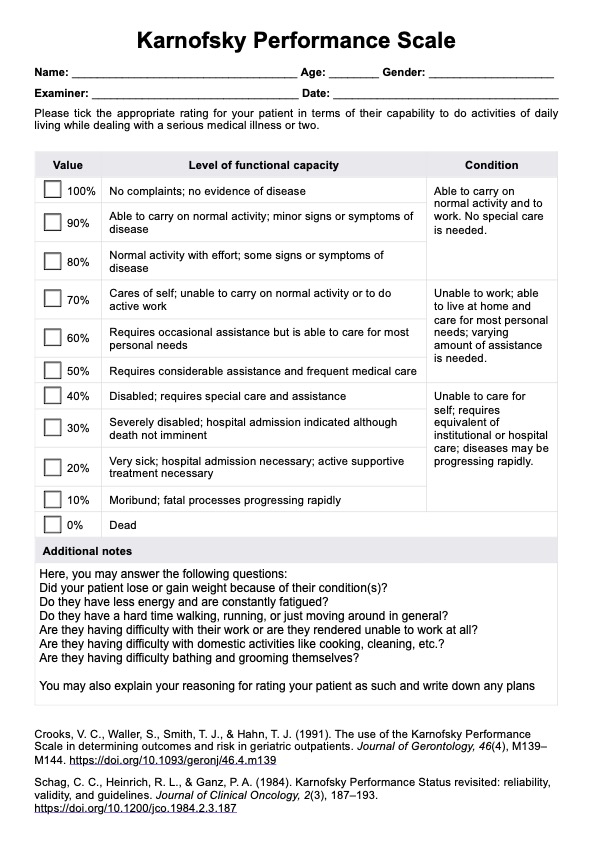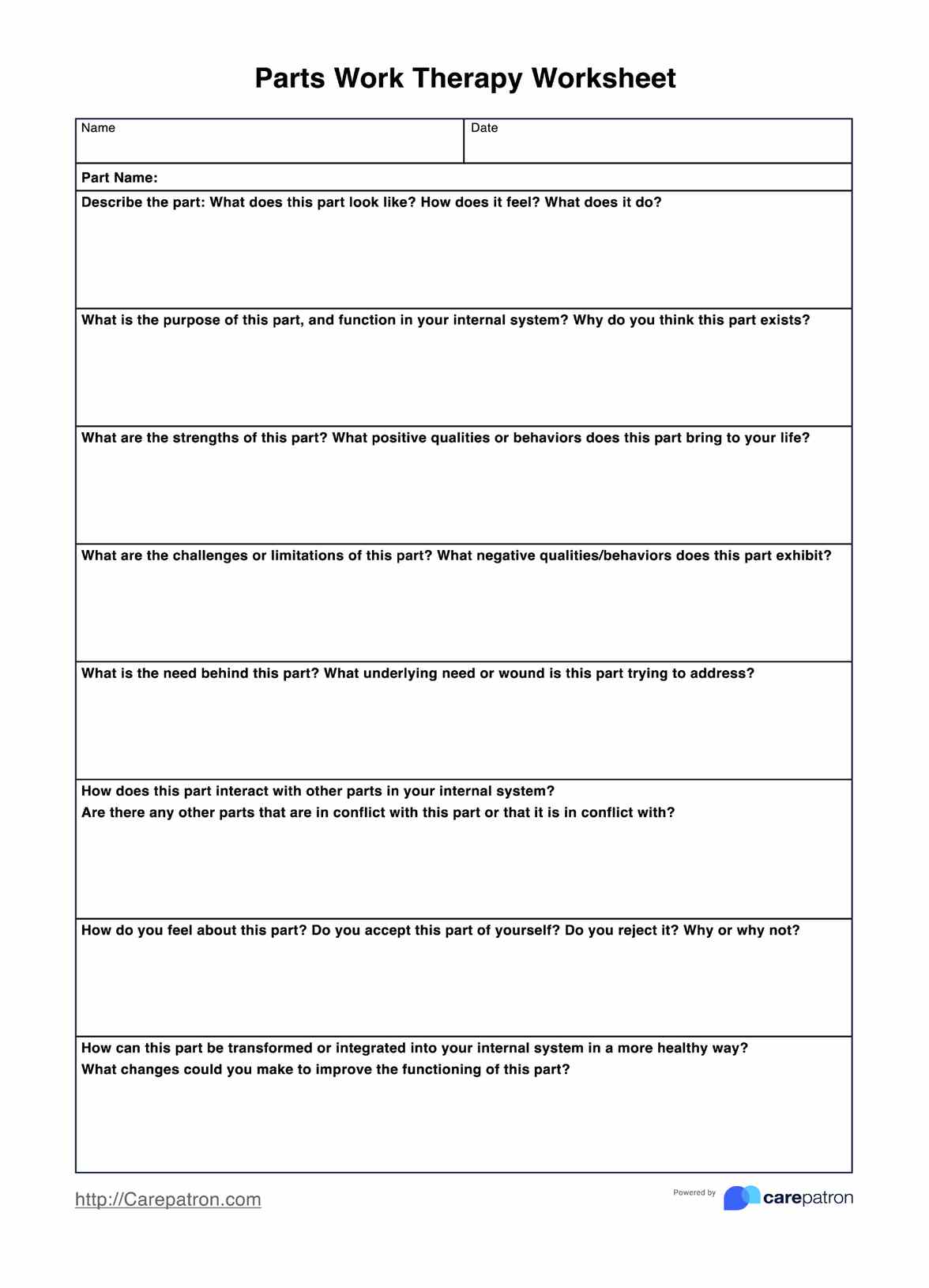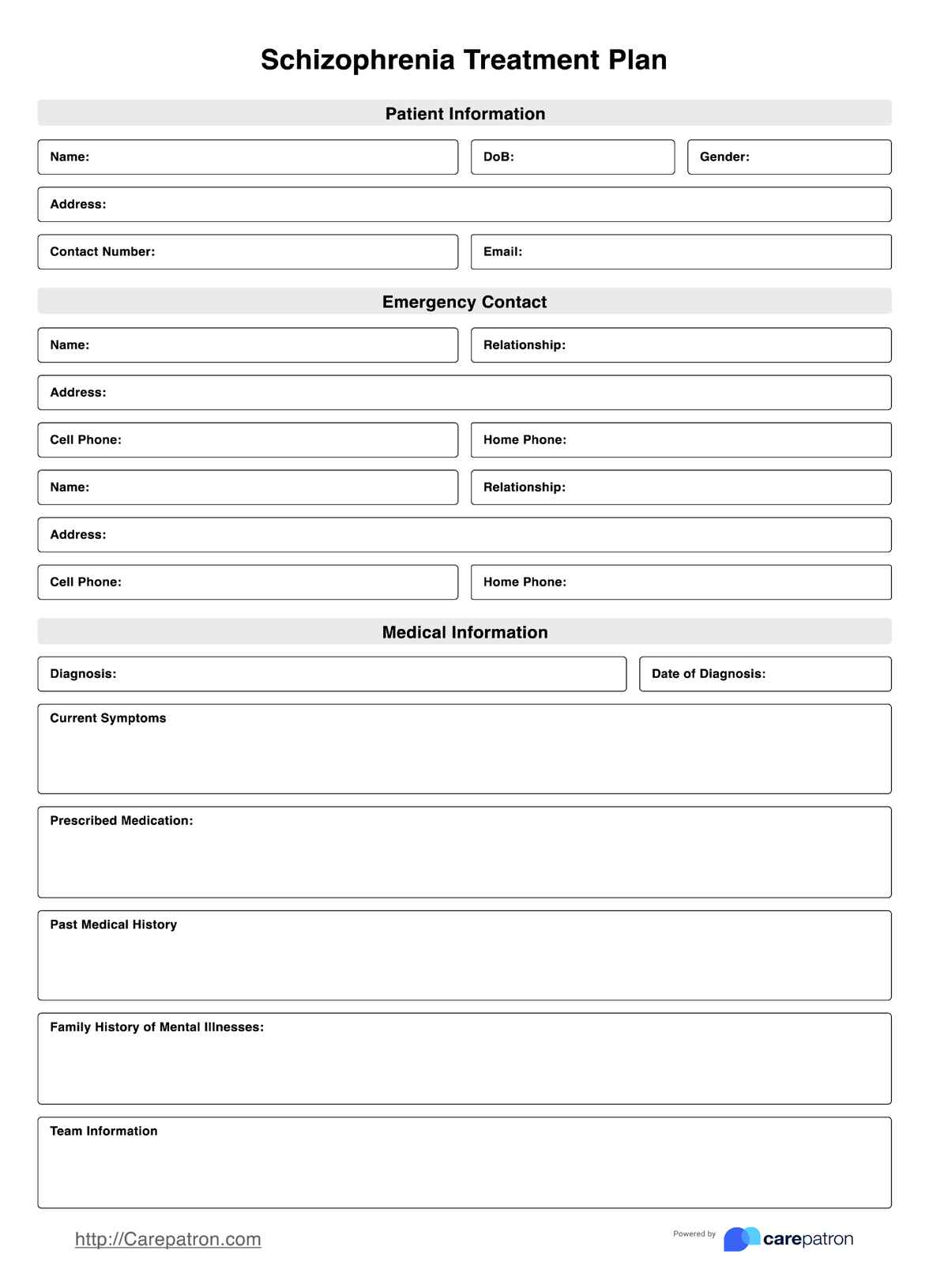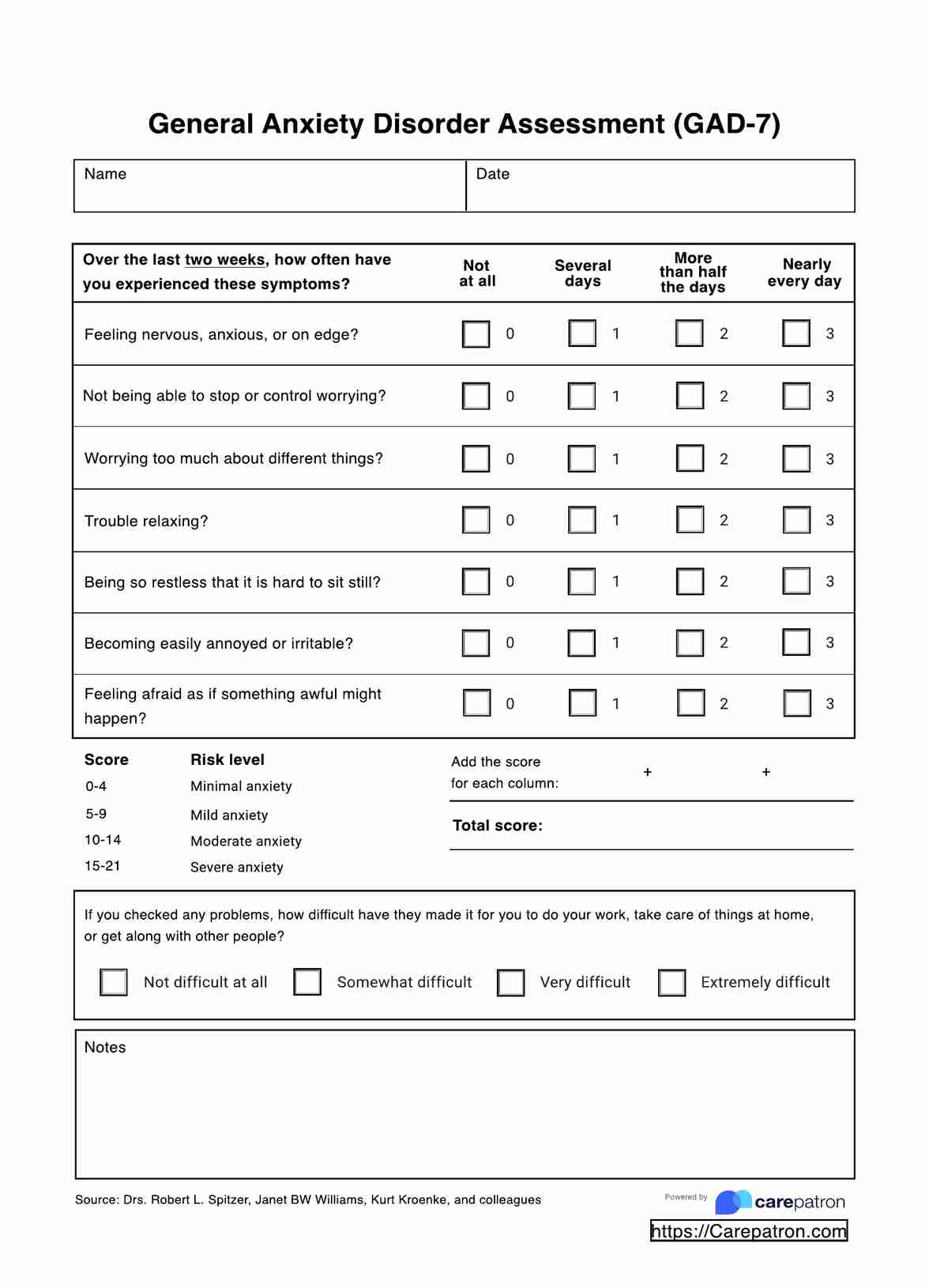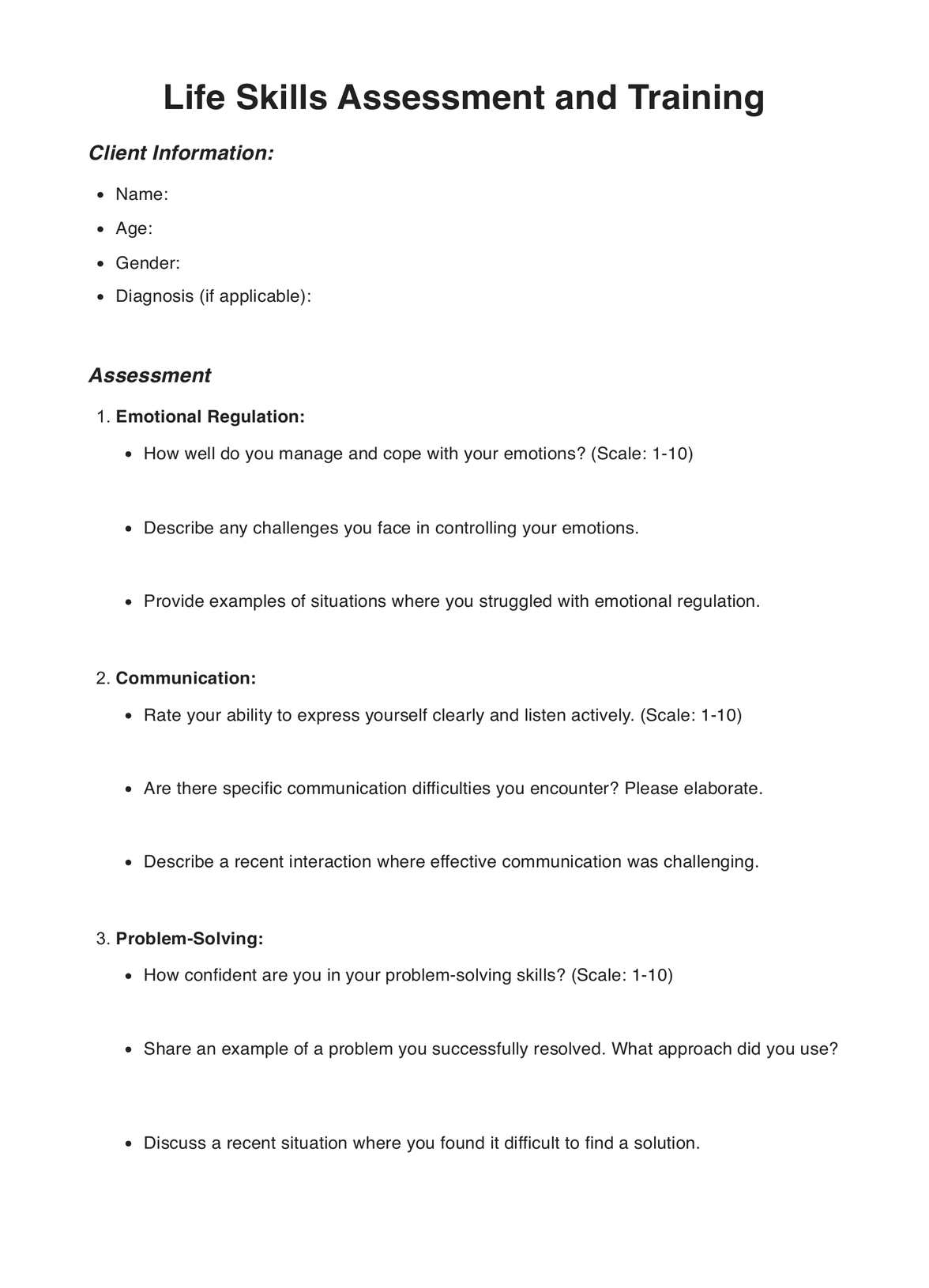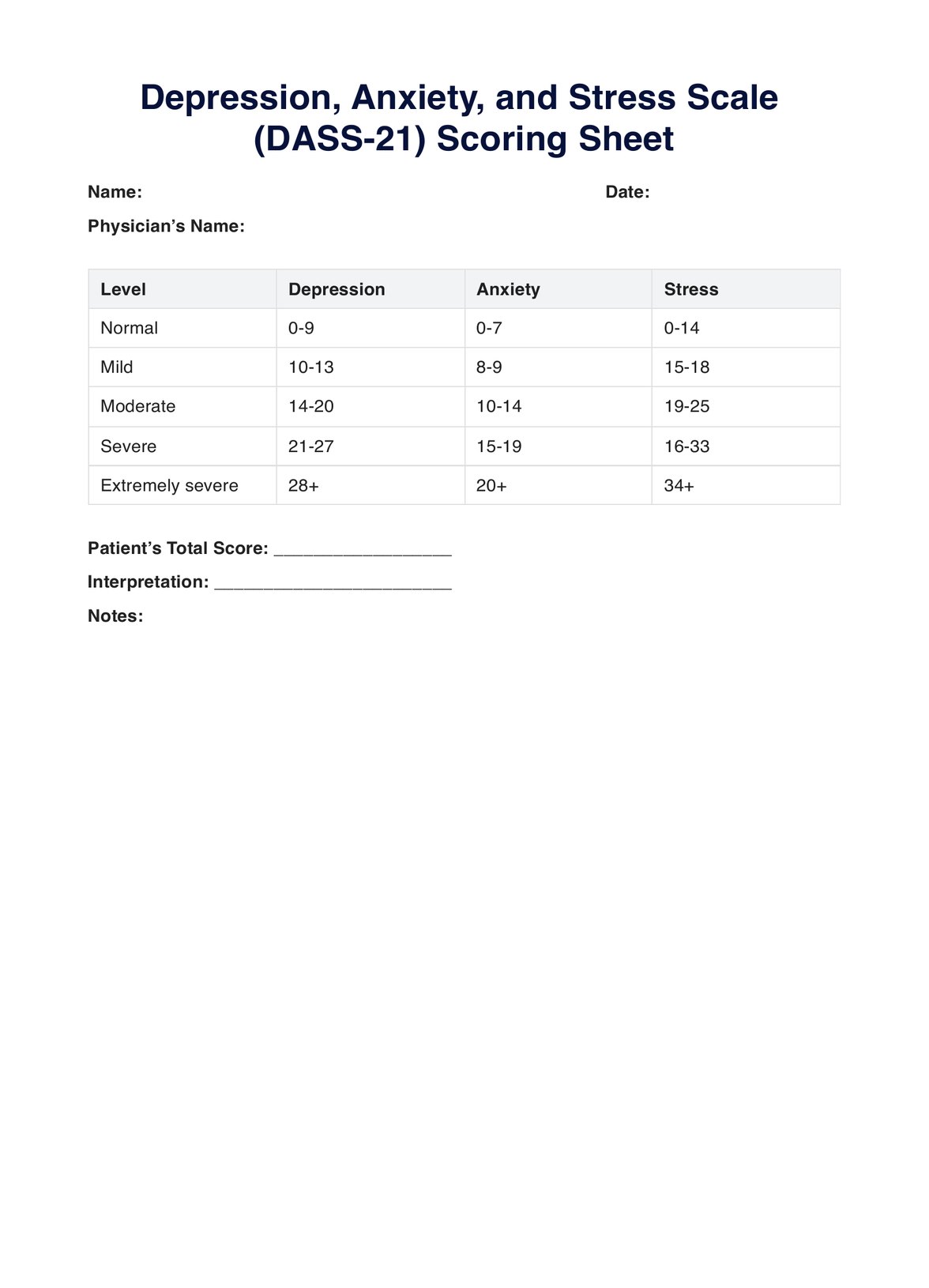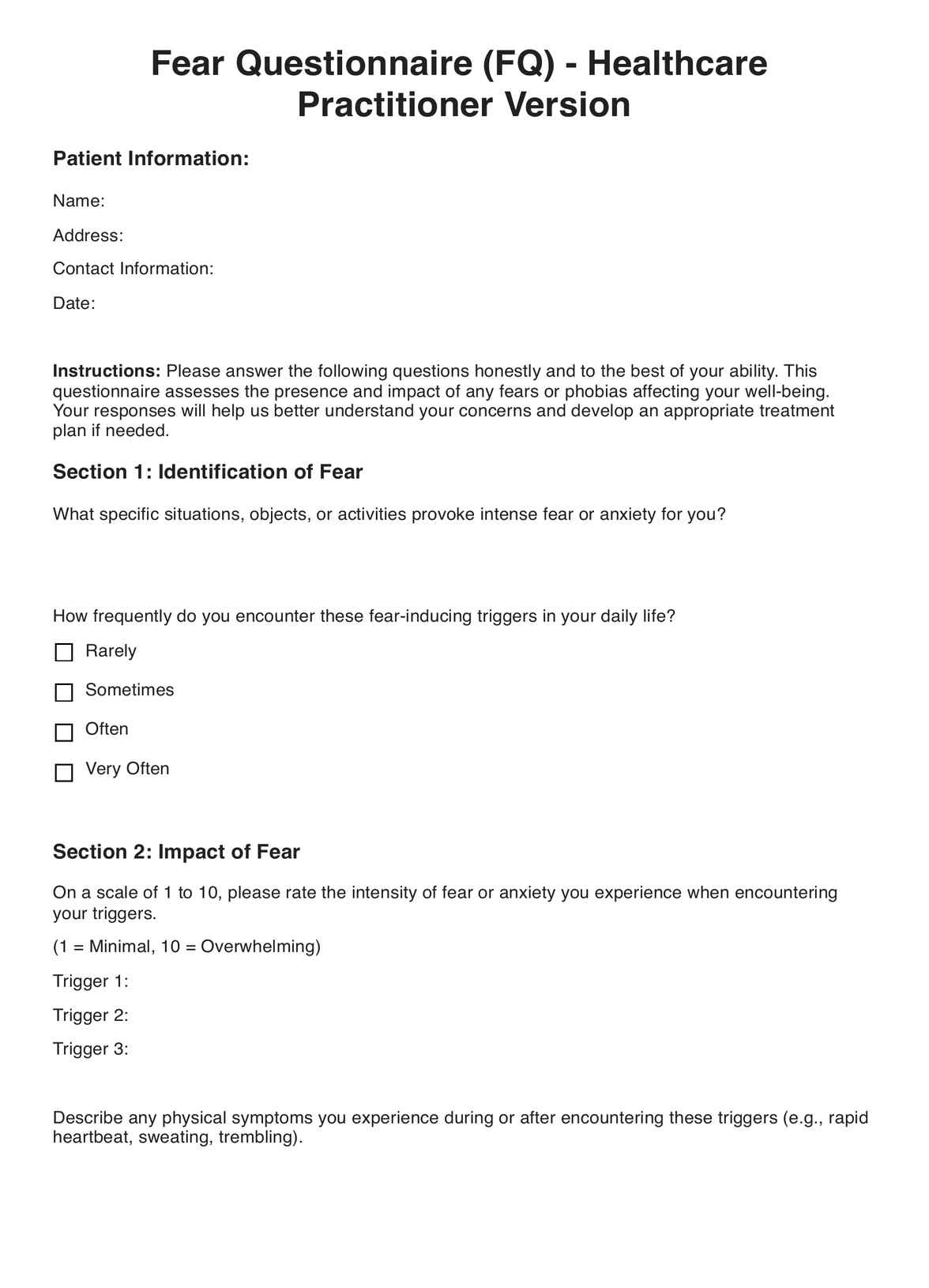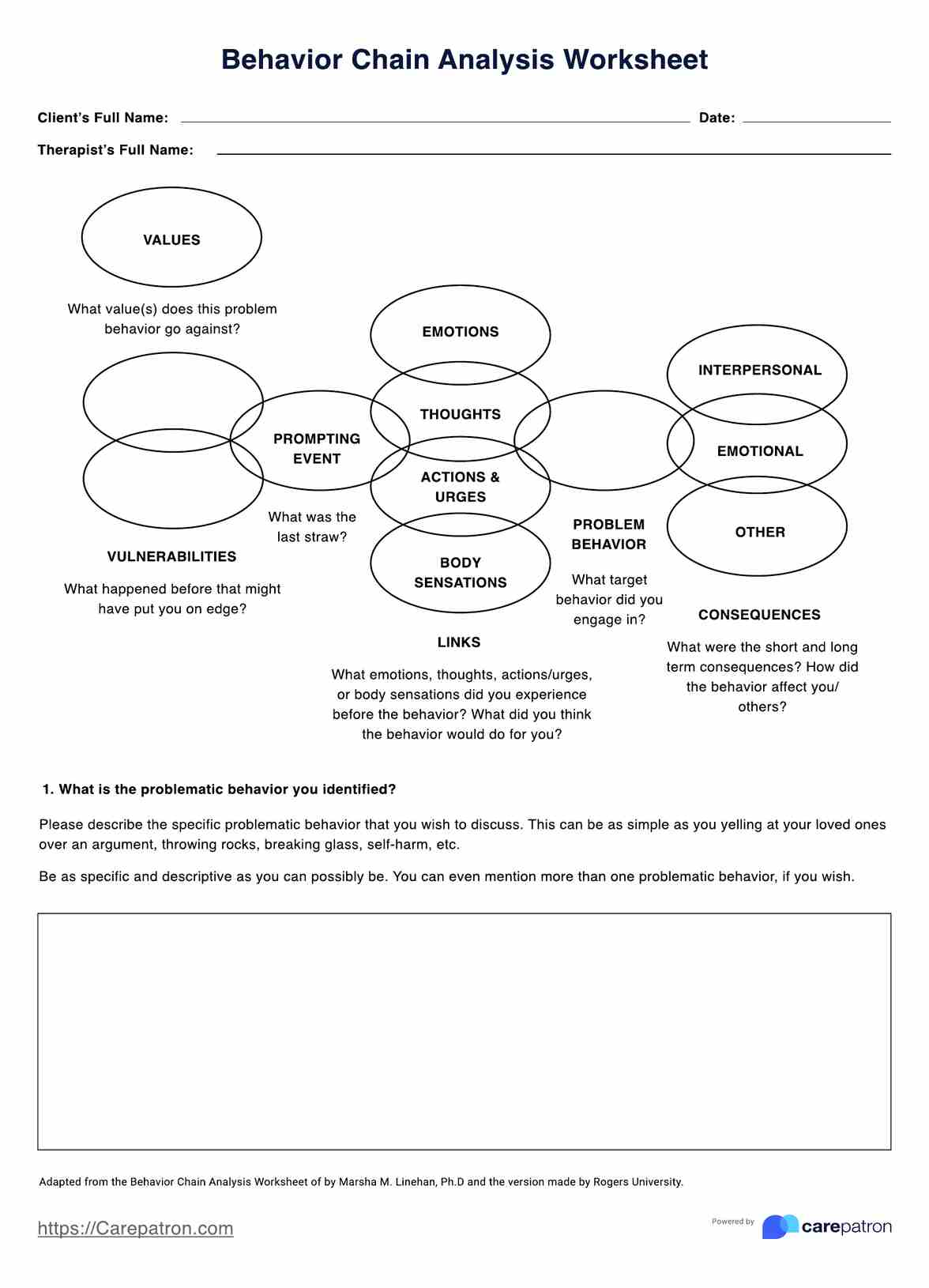Therapy Termination Letters
Explore how Therapy Termination Letters can enhance your practice's professional & ethical standards, making client transitions smoother & more structured.


What is a Therapy Termination Letter?
A therapy termination letter is a formal, professionally written document that therapists use to end their therapeutic relationship with a client. As an integral part of the process of therapy, it’s used to communicate to the client that the therapy is ending. These termination letters are critical because they clarify the reasons for termination and offer the client suggestions for future therapeutic needs.
Writing a therapy termination letter requires sensitivity and a clear understanding of the therapist-client relationship. It's a way of documenting the termination process, and it's often a requirement in professional ethical guidelines and state regulations. Therapy termination letters are also a best practice tool in therapy, helping to manage potential legal issues that could arise post-termination.
The structure and content of a therapy termination letter may vary depending on the therapy duration, the client's condition, and the circumstances leading to termination. The letter usually includes the termination date, reasons for termination, and recommendations for further therapy or resources if needed.
Therapy Termination Letters Template
Therapy Termination Letters Example
How does it work?
Therapy termination letters are a formal, structured way of concluding the therapeutic relationship. Here are the general steps involved in using or filling out Printable Therapy Termination Letters:
Identify the Client
Start the letter by identifying the client. This includes their full name and other relevant information that ensures the letter reaches the correct recipient. It's crucial to keep the letter safe since therapeutic interactions depend on confidentiality.
State the Purpose
Clearly indicate the purpose of the letter, which is to terminate the therapeutic relationship. It should also include the effective date of termination. This way, you can reduce misunderstandings.
Explain the Reasons
Give clear reasons for termination. This could be because therapy goals have been achieved, non-compliance with therapy, or other professional reasons. Always be sensitive in your wording and be attentive to the client's response while explaining these arguments.
Provide Further Recommendations
In certain cases, proposing continuing treatment or resources that may benefit the client following termination may be acceptable. This might include advising a different therapist or counseling service, support groups, or self-help options. This project supports the client's mental health after the treatment connection ends.
Conclude Professionally
End the letter on a professional note, thanking the client for their time and wishing them well for the future. This concluding remark respects the client's dignity and fosters goodwill and understanding.
Here are some printable Therapy Termination Letters for your reference.
When would you use this Template?
A Therapy Termination Letter template can be an invaluable resource for various mental health professionals. These include psychologists, psychiatrists, clinical social workers, mental health counselors, and other therapy providers. It is a versatile tool that can be used in a wide array of circumstances requiring the formal termination of a therapeutic relationship:
- Achievement of Therapy Goals: One of the most common scenarios where this template comes into play is when a client has successfully achieved their therapy objectives. Upon completing their therapeutic journey, the therapist uses the termination letter to formally acknowledge their progress and communicate the conclusion of services.
- Non-compliance with Therapy: The template is also helpful when a client persistently fails to adhere to therapeutic recommendations, misses appointments, or demonstrates uncooperative behavior. In such situations, a Therapy Termination Letter can professionally articulate the decision to terminate the therapeutic relationship due to non-compliance.
- Professional or Ethical Reasons: At times, therapists might find it necessary to terminate therapy due to ethical or professional reasons, such as a perceived conflict of interest, imminent retirement, relocation, or changes in their professional practice. The Therapy Termination Letter serves as a formal and respectful way to communicate this to the client.
- Specialized Referrals: There could be situations where a therapist identifies that a client's condition or needs surpasses their area of expertise or scope of practice. In such instances, the therapist can use the Therapy Termination Letter to recommend the client to a practitioner specializing in that area.
A Therapy Termination Letter template is a significant tool that ensures the termination process is handled with professionalism, clarity, and due sensitivity, respecting the client's feelings and therapeutic journey.
Benefits
The benefits of using a Free Therapy Termination Letter include:
Clear Communication
The template helps to clearly and professionally communicate the termination of the therapeutic relationship to the client.
Provides Structure
A template ensures you include all necessary information in an organized manner, ensuring nothing crucial is missed.
Time-Saving
Using a template can save time in drafting the letter, particularly if you have multiple terminations to handle.
Ethical Compliance
The letter helps maintain ethical standards by providing a formal, documented process for termination.
Research & Evidence
Evidence-based research, ethical standards, and a long history of clinical practice all support the use of therapy termination letters.
Leading organizations like the American Psychological Association (APA) and the National Association of Social Workers (NASW) recognize and emphasize the significance of clear and ethical termination procedures in professional mental health practice. The APA's Ethical Principles for Psychologists and Code of Conduct outline the obligation for psychologists to plan a suitable termination process, acknowledging that premature or inappropriate termination can cause harm to clients.
The NASW Code of Ethics also underscores the need for social workers to terminate services in a professional manner, prioritizing client interests and ensuring the appropriate transfer of services if necessary.
Research supports the use of termination letters by indicating that planned and thoughtful termination processes can significantly impact the therapeutic relationship even after it has ended. A well-written termination letter can aid in the client's transition out of therapy, helping to alleviate feelings of abandonment and providing closure.
Furthermore, research indicates that good termination practices, including the use of termination letters, can reduce potential legal and ethical issues for the therapist. By clearly outlining the reasons for termination and providing necessary referrals or resources, therapists can help ensure clients are adequately supported, even as therapy concludes.
Collectively, these professional standards and research findings underscore the importance of therapy termination letters in clinical practice. Not only are they a matter of professional and ethical conduct, but they are also crucial for ensuring the well-being of the client as their therapeutic journey transitions into a new phase.
Commonly asked questions
Any licensed therapist, psychologist, counselor, or other mental health professional terminating their therapeutic relationship with a client uses a therapy termination letter.
Therapy termination letters are used when a therapist wishes to formally end the therapeutic relationship. This could be because the therapy goals have been achieved due to client non-compliance or when the therapist believes the client would be better served by another professional.
The therapy termination letter is used to formally communicate the termination of the therapeutic relationship to the client. It provides reasons for the termination, offers further recommendations (if any), and ends with a professional conclusion. It is a formal document that is usually printed and mailed but can also be emailed to the client.

.jpg)
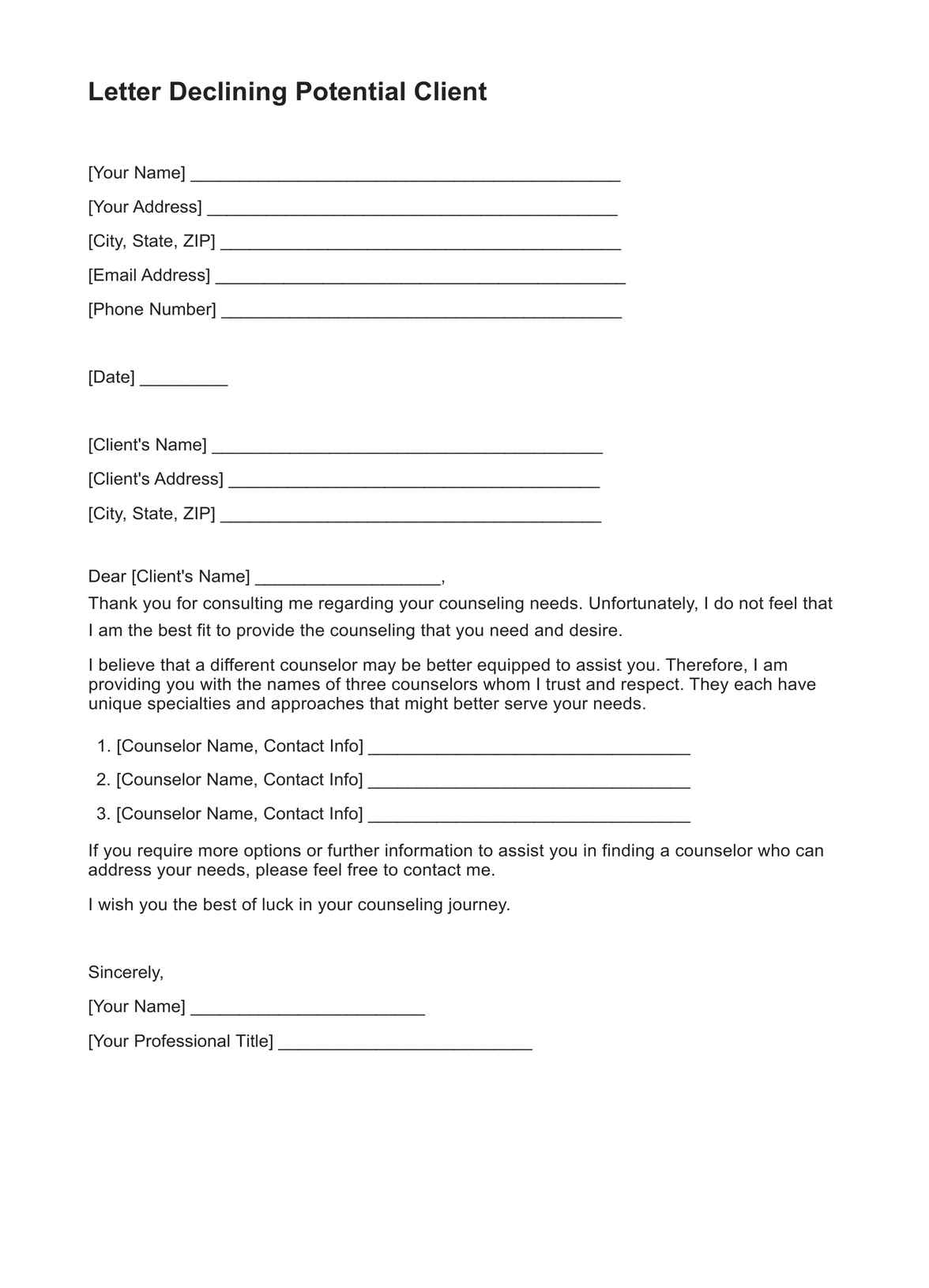
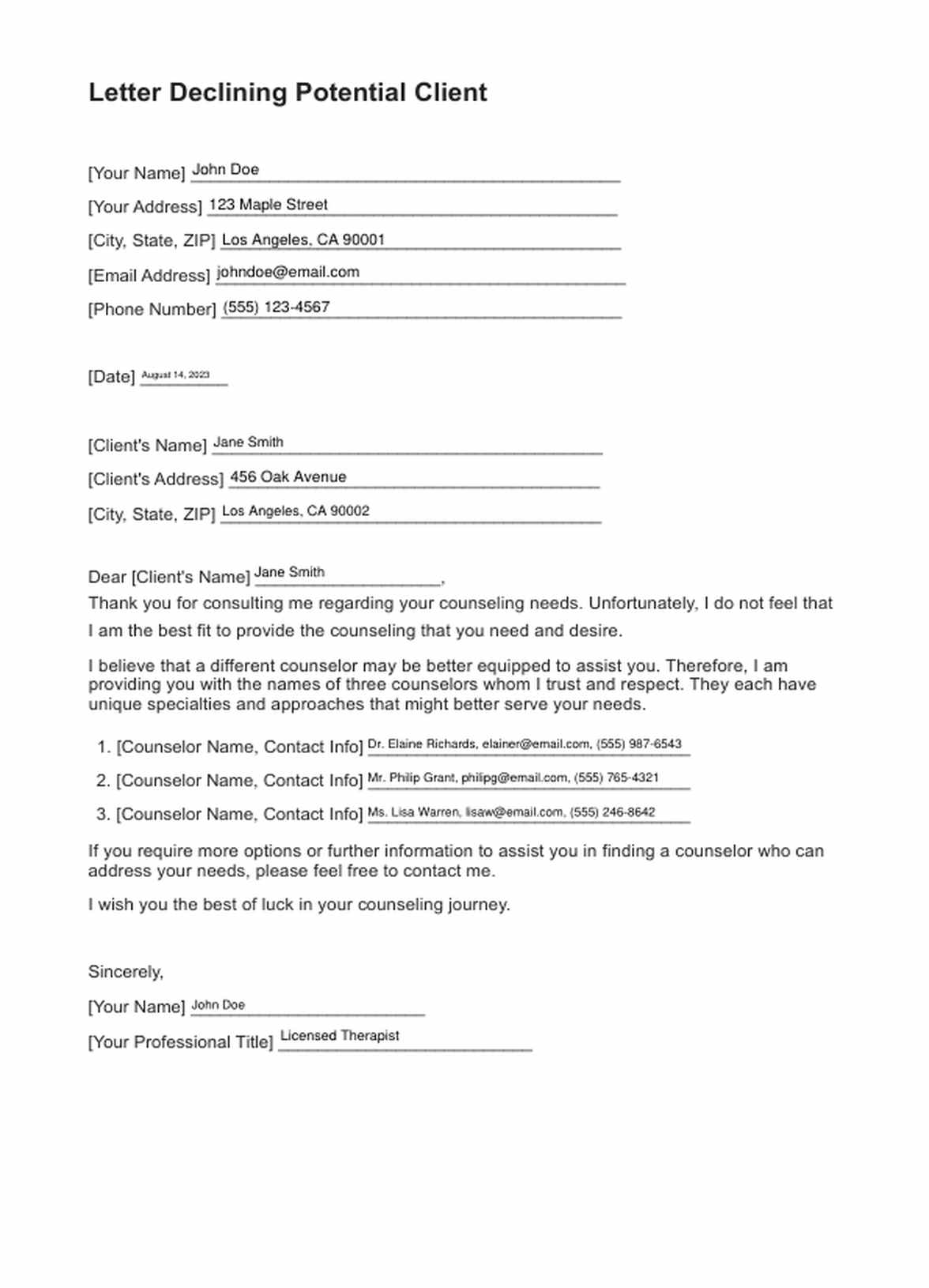
















-template.jpg)





















































































